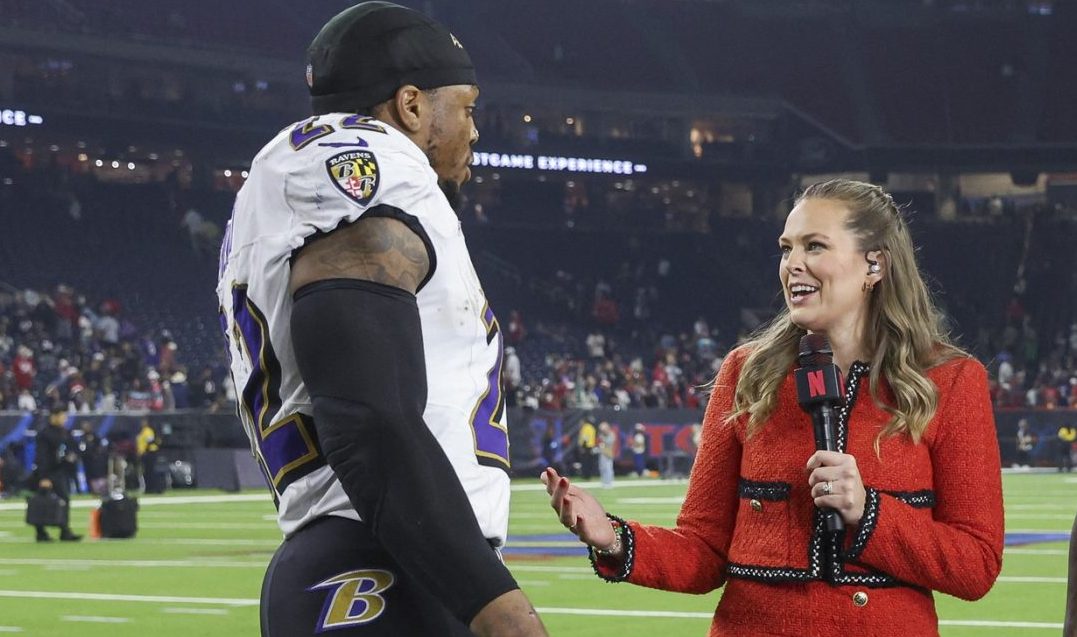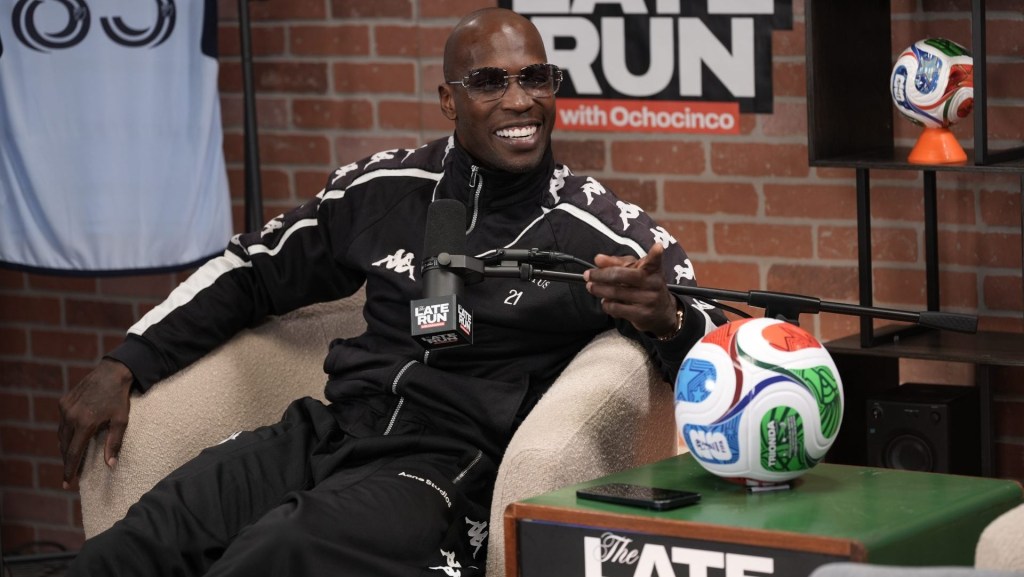Netflix’s sports strategy has always been built entirely on what it calls “big events.” Until now.
Just four weeks after a fourth-quarter earnings call in which it called the economics of full-season rights in any sport “extremely challenging,” the dominant streamer is now publicly showing interest in pursuing a Sunday afternoon package with the NFL.
“I definitely want the Sunday [afternoon] games,” Netflix chief content officer Bela Bajaria said on The Town podcast developed by The Ringer and Puck. Bajaria was asked what package she would be interested in when NFL media rights became available.
The NFL’s current rights deals, including the Sunday afternoon agreements with CBS and Fox, expire after the 2033 season. The league, however, has an opt-out for most of its individual agreements after the 2029 season, provisions that it will very likely exercise—particularly as it continues to draw record-setting audiences. An opt-out in its ESPN deal follows after the 2030 season.
Those comments show a stark and rapid pivot from those of Bajaria’s boss, co-CEO Ted Sarandos, in January, when he told analysts that the company would continue to focus on big events such as its Christmas Day games with the NFL, WWE’s Raw, and the upcoming FIFA Women’s World Cup starting in 2027.
“If there was a path where we could actually make the economics work, for both us and the leagues, we would certainly explore [it],” Sarandos said. “But right now, we believe that the live events business is where we really want to be.”
A New Thinking
So what changed? The company continues to study both the viewership and advertising numbers from its sports programming and is seeing just how impactful they are.
A Christmas Day NFL doubleheader averaged 24 million viewers, representing the NFL’s largest-ever streaming audience, and is a notable foundation of Netflix’s entire advertising business. Initial episodes of Raw on Netflix, meanwhile, show an audience steadily migrating from linear television and are regularly ranking among the company’s top-10 shows globally.
Each endeavor was the result of what Bajaria said on The Town podcast was Netflix’s “fluid and opportunistic” content budget.
Netflix also is experiencing both the benefit of its soaring stock and the pressure to maintain that growth. Shares in the company have increased more than 18% just since early January, and by more than 80% in the last 12 months, reaching a series of new company highs of more than $1,050 each.
While Netflix, of course, offers a wide range of content, the NFL remains by far the most popular programming in all of U.S. media, regardless of genre. As a result, that unrivaled power is making even companies such as Netflix rethink their business model.
Netflix later said that Bajaria’s comments were informal ones made in a lightning-round portion of the interview, and did not singularly suggest a reworked content strategy. It remains quite notable, though, that instead of repeating the prior sentiments of Sarandos, she eagerly envisioned a bigger role for Netflix with the NFL.







![[Subscription Customers Only] Jun 15, 2025; Seattle, Washington, USA; Botafogo owner John Textor inside the stadium before the match during a group stage match of the 2025 FIFA Club World Cup at Lumen Field.](https://frontofficesports.com/wp-content/uploads/2026/02/USATSI_26465842_168416386_lowres-scaled.jpg?quality=100&w=1024)
![[Subscription Customers Only] Jul 13, 2025; East Rutherford, New Jersey, USA; Chelsea FC midfielder Cole Palmer (10) celebrates winning the final of the 2025 FIFA Club World Cup at MetLife Stadium](https://frontofficesports.com/wp-content/uploads/2026/02/USATSI_26636703-scaled-e1770932227605.jpg?quality=100&w=1024)








